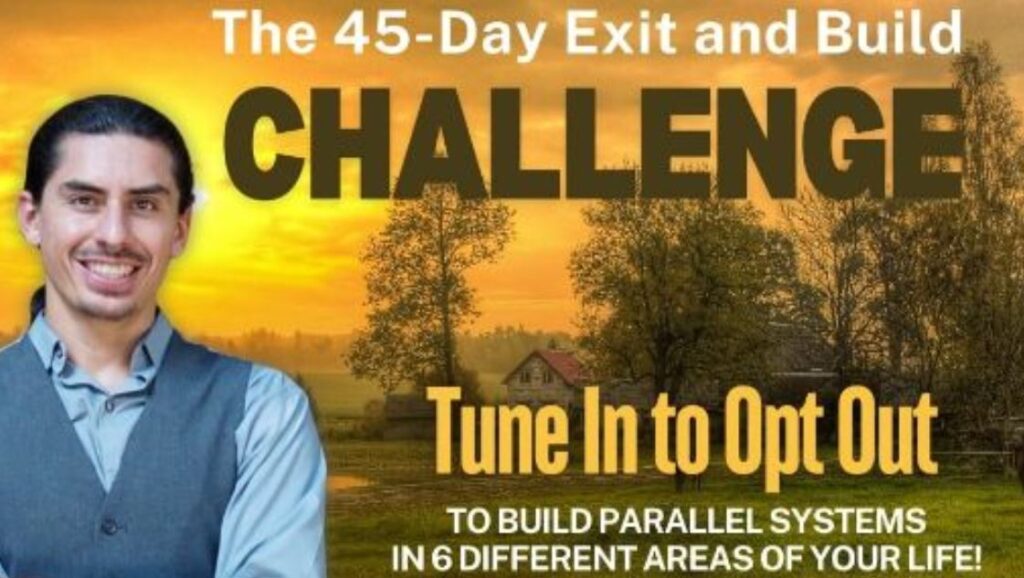Derrick Broze’s “Exit and Build” series aims to address foundational issues within modern society, starting with a weekly focus on essential aspects of life. The second week of this initiative, themed on money, stresses the concerns related to the fiat currency system, which is characterized by unsustainability and inflation. Such problems push individuals to reconsider their relationship with money, especially against a backdrop of increasing “debanking” practices and intricate tracking mechanisms employed by authorities, which often veer into the territory of social engineering. As various challenges emerge from conventional financial systems, a clear solution must be established to transition toward a more resilient and sustainable economy.
To tackle these challenges, Broze proposes several alternative financial frameworks. One crucial component is the use of cash, which affords individuals more privacy and autonomy, minimizing reliance on digital banking that subjects users to constant scrutiny. Additionally, credit unions present a feasible alternative as they generally emphasize community-focused financial services and often provide better rates than traditional banks. Cryptocurrencies also emerge as a promising option, particularly decentralized forms such as Monero (XMR), which usurp the control typically wielded by governmental institutions over money. Emphasizing community is paramount; creating cooperative groups can enhance resource sharing, knowledge dissemination, and overall resilience to economic pressures.
In summation, Broze encourages participants to adopt actionable steps throughout this week of the challenge. One of the primary exercises entails exclusively using cash for daily expenditures over the next week to re-engage with tangible financial practices. This approach counters the habitual reliance on digital currencies and serves as a practical step toward financial independence. Additionally, individuals are urged to exit traditional banking avenues by joining credit unions, thereby fostering a community-centered banking experience. Lastly, engaging with cryptocurrency education, particularly learning about Monero, reflects a vital step towards building a sustainable financial future outside the conventional banking infrastructure.
Education plays a pivotal role in the broader vision of financial autonomy. Understanding the intricacies of different monetary systems, especially in the context of cryptocurrencies and peer-to-peer networks, prepares individuals to navigate an increasingly complex financial landscape. This educational element is not merely theoretical; it aims to equip individuals with the tools and knowledge necessary to safeguard their wealth against inflation and volatility. By bridging the understanding of both fiat and alternative currencies, participants can make informed decisions that align with their overarching goals for economic independence.
Moreover, the push to create a private parallel economy reflects a growing movement towards self-sufficiency and individual agency. By establishing networks that prioritize local resources and community engagement, individuals can effectively shield themselves from the instability of the global financial market. This transition requires a cultural shift towards valuing local economies and initiatives over large, centralized systems. The call for community involvement resonates as essential for not only financial health but the overall resilience of local neighborhoods. Building these networks creates a self-reinforcing community that is less susceptible to external economic shocks.
Ultimately, Broze’s holistic approach serves as a guide for individuals seeking meaningful change in their economic practices. The intention behind the “Exit and Build” challenge goes beyond surface-level alterations; it advocates for a profound rethinking of personal finance, intertwined with a commitment to creating a sustainable and autonomous living framework. As participants progress through the various themes outlined in the series, they develop a toolkit for resilient living, characterized by informed financial practices, communal support, and a willingness to innovate outside traditional systems. Moving forward, the lessons learned in this second week set the stage for deeper reflections on how to consciously design one’s economic participation in an evolving societal landscape.

